What Happens in Sophocles’ Antigone?
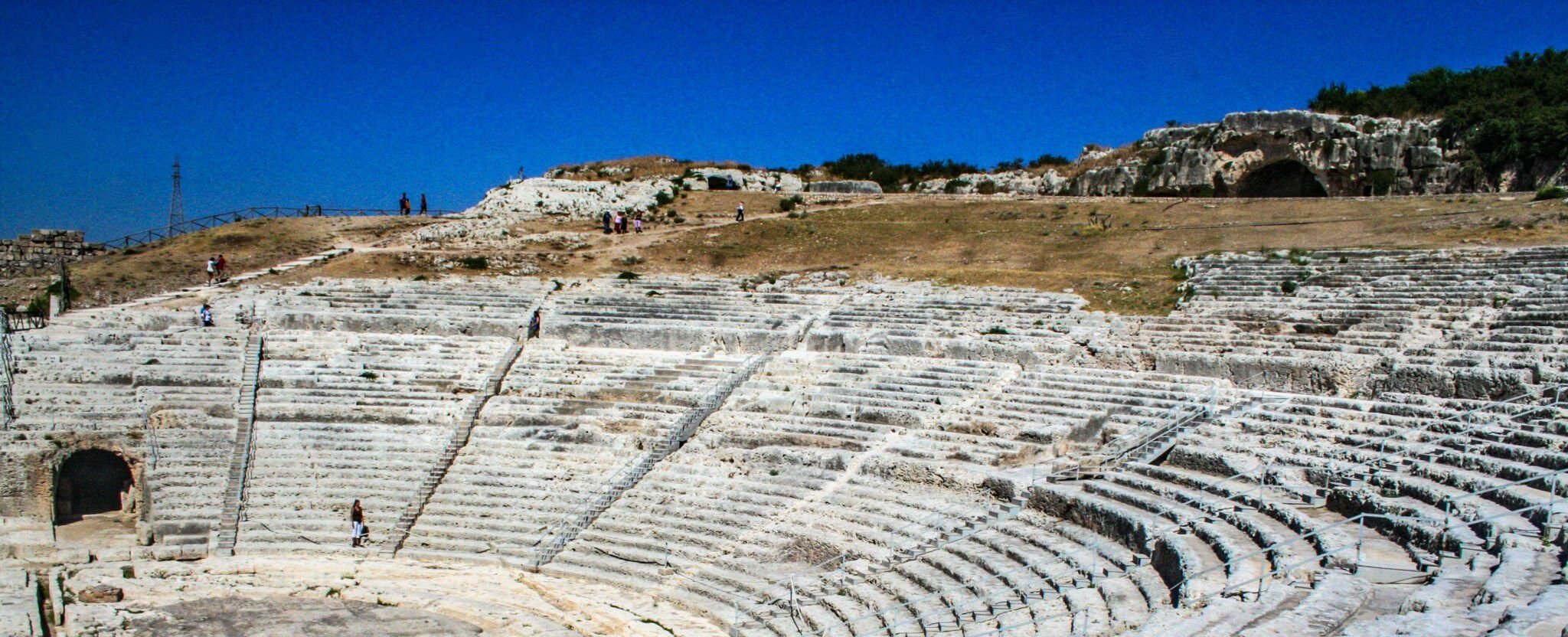
Sophocles’ Antigone is a powerful exploration of the archetypal struggle between the individual and the state, between personal conscience and public duty, and between the chthonic realm of the unconscious and the rational world of consciousness. Through Antigone’s tragic defiance of Creon’s edict and her willing sacrifice for her beliefs, the play illuminates the archetypal journey of the heroine and the universal human struggle to remain true to one’s deepest values in the face of oppressive authority.
Summary of Antigone
Antigone picks up the story of the House of Oedipus in the aftermath of the war between Antigone’s brothers, Eteocles and Polynices, for control of Thebes. Both brothers have died in the battle. Creon, the new king, has decreed that while Eteocles will be honored with burial, Polynices, who attacked the city, will be left to rot, a deep disgrace in Greek culture.
Antigone, believing this decree to be unjust, defies Creon and buries her brother. She is caught and brought before Creon, who condemns her to death. Despite the pleas of Creon’s son Haemon, who is betrothed to Antigone, Creon remains resolute.
The blind prophet Tiresias warns Creon that the gods are displeased with his actions, but Creon dismisses him. It is only when Tiresias predicts personal tragedy for Creon that he relents, but it is too late. Antigone has hanged herself, Haemon commits suicide out of grief and anger, and Creon’s wife Eurydice also takes her own life. The play ends with Creon broken and alone, acknowledging his folly.
Archetypal Figures in Antigone
Antigone: The Heroine and Martyr
Antigone embodies the archetype of the Heroine and Martyr – a figure of unwavering conviction and self-sacrifice in the face of unjust authority.
Antigone’s defiance of Creon’s edict is not just a personal act, but a symbolic one. She represents the voice of individual conscience, the chthonic wisdom of the unconscious that recognizes a higher law than that of the state. Her burial of Polynices is a sacred duty, a connection to the underworld realm of the dead that supersedes earthly powers.
In Jungian terms, Antigone’s journey can be seen as a process of individuation – of remaining true to her Self, even at the cost of her life. Her sacrifice is the ultimate expression of fidelity to her deepest values and her archetypal role.
Creon: The Shadow King
Creon, in his rigid adherence to the law and his refusal to bend even in the face of familial love and prophetic warning, embodies the archetype of the Shadow King – the negative aspect of the ruler who wields power without wisdom or compassion.
Creon represents the danger of the unchecked ego, the rational mind that has become disconnected from the deeper wisdom of the unconscious. His edict against Polynices is an act of hubris, a transgression against the gods and the natural order.
In depth psychological terms, Creon’s downfall is the inevitable consequence of his failure to integrate the anima – the unconscious, feminine aspect of his psyche represented by Antigone. His rigid masculinity, untempered by the feminine principles of compassion and intuition, leads to his destruction.
Tiresias: The Wise Old Man
Tiresias, the blind prophet who warns Creon of the consequences of his actions, represents the archetype of the Wise Old Man – the voice of deep, intuitive wisdom that sees beyond the limitations of the ego.
Tiresias represents the Self, the wise center of the psyche that guides the process of individuation. His warnings to Creon are the voice of the unconscious, urging the ego towards balance and wholeness.
Themes and Psychological Insights
The Conflict of the Individual and the State
At its core, Antigone is an exploration of the eternal conflict between the individual and the state, between personal conscience and public duty.
Antigone’s defiance of Creon’s edict is not just a personal rebellion, but a symbolic assertion of the primacy of individual conscience over the dictates of authority. Her actions raise profound questions about the limits of state power and the right of the individual to resist unjust laws.
In psychological terms, this conflict can be seen as a reflection of the tension between the ego and the Self – between the conscious, adapted part of the psyche and the deeper, unconscious center of being. Antigone’s journey is a powerful reminder of the importance of remaining true to one’s deepest values, even in the face of external pressure.
The Wisdom of the Unconscious
Antigone’s actions are guided by a deep, chthonic wisdom – a connection to the underworld realm of the unconscious that recognizes truths beyond the ken of the rational mind.
Her burial of Polynices is a symbolic act of connection with the dead, a recognition of the continuity of life and death and the sacred duties that transcend earthly authority. This reflects the Jungian understanding of the unconscious as a source of deep, archetypal wisdom that often stands in contrast to the limited understanding of the ego.
The Anima and the Process of Individuation
On a deeper level, Antigone’s story can be seen as a reflection of the process of individuation – the psychological journey towards wholeness and self-realization.
Antigone represents the anima – the unconscious, feminine aspect of the psyche – in its guiding and transformative aspect. Her defiance of Creon is a call to integrate the feminine principles of compassion, intuition, and connection with the unconscious into the rigid, masculine structures of the ego.
Creon’s tragic downfall is the consequence of his failure to heed this call, to recognize the wisdom of the anima and to balance the masculine and feminine aspects of his psyche.
The Sacred and the Numinous
Antigone is suffused with a sense of the sacred and the numinous – the presence of the divine and the holy that transcends human understanding.
Antigone’s actions are not just a matter of personal choice, but a sacred duty, a connection to the gods and the eternal order of things. Her sacrifice takes on a mythic, almost mystical quality – a transcendence of the merely personal into the realm of the archetypal and the divine.
This reflects the depth psychological understanding of the religious function of the psyche – the innate human capacity for awe, reverence, and the experience of the transcendent. Antigone’s story is a powerful reminder of the sacred dimension of human existence, and of the eternal truths that echo in the depths of the psyche.
Read About Other Classical Greek Plays and Their Influence on Depth Psychology
Classical Literature
Iphigenia in Aulis



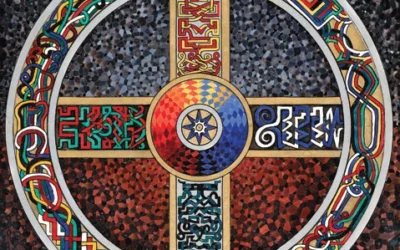
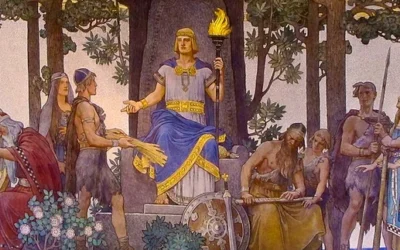


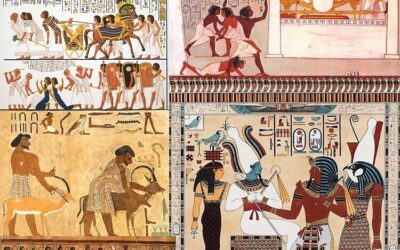
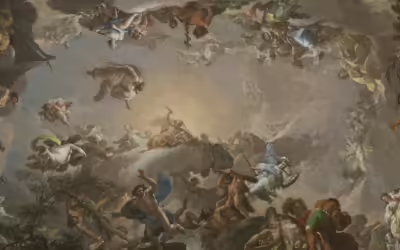
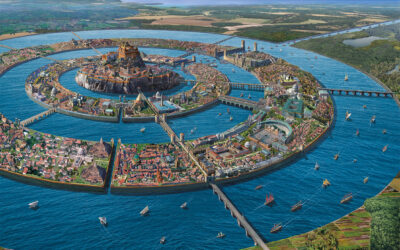
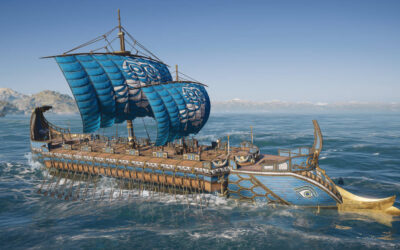
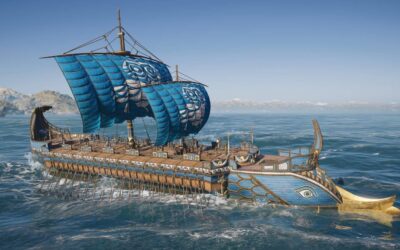
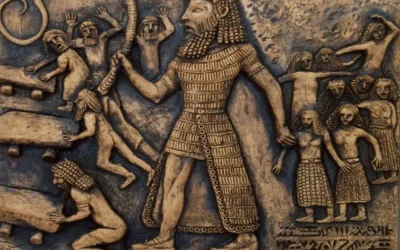
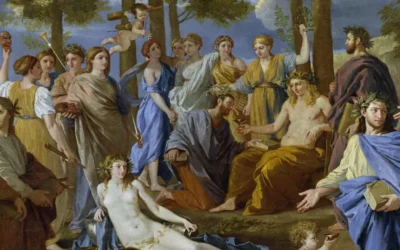
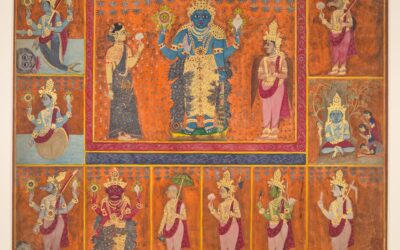
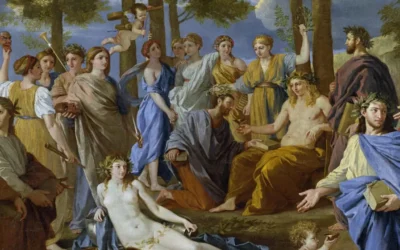
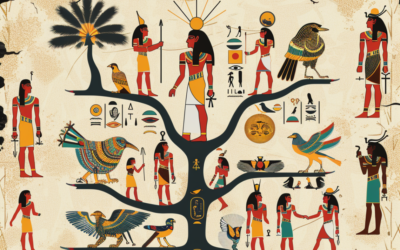
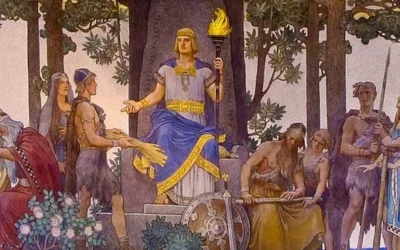
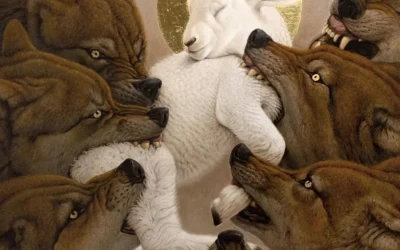
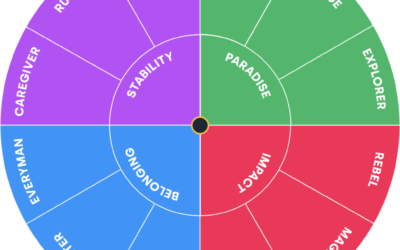
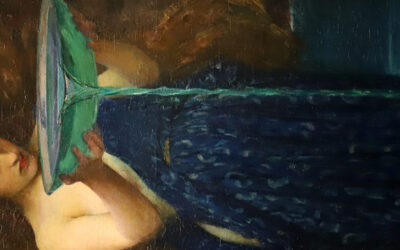
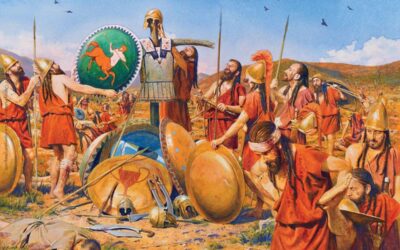
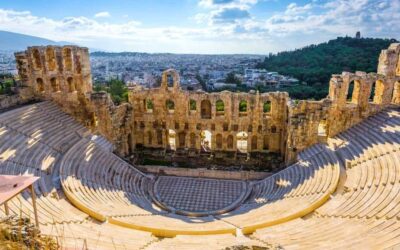
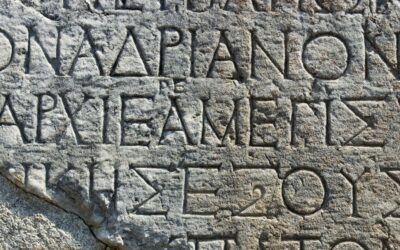
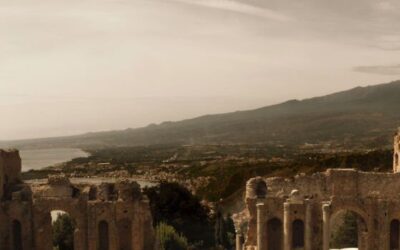
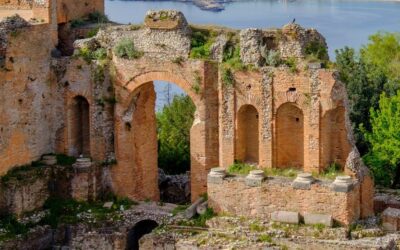
0 Comments